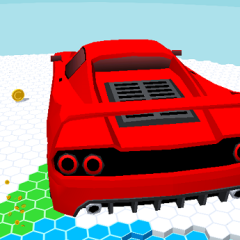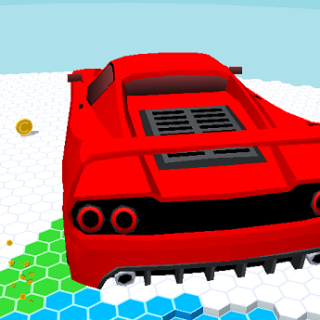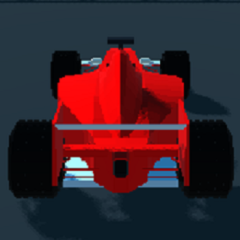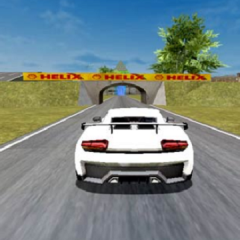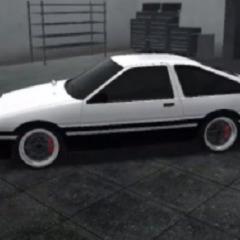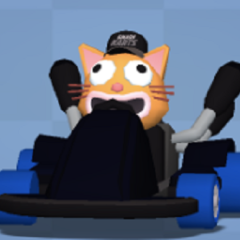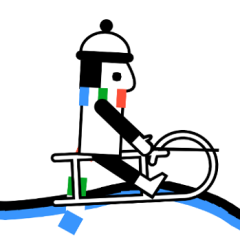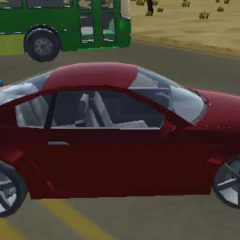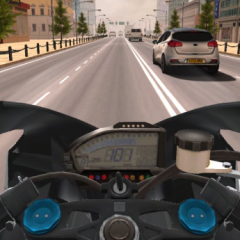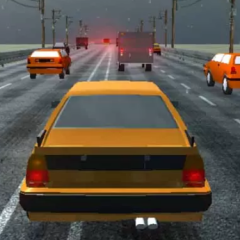Race Survival: Arena King is a racing and survival game where the objective is to drive and to outlast every other player on a collapsing platform. The arena is made of hexagonal tiles that disappear a few seconds after being touched, forcing constant movement. Players control the direction of the car using basic keys or screen gestures, while the car accelerates automatically. The only other input is the jump button, which becomes essential for avoiding gaps or escaping traps. The goal is to remain on solid ground while avoiding elimination from either falling or being knocked off by opponents.
Game Structure and Competitive Modes
The game offers several modes that change the way players interact with the arena. In Battle Mode, the objective is to push opponents off the edge or survive longer than the others. This mode rewards aggressive tactics and accurate control. Parkour Mode is centered around collecting stars while avoiding the collapsing floor, requiring more precise movement and careful planning. Autoball Mode adds a ball to the arena, where players must score goals under the same collapsing platform conditions. Practice Mode removes all opponents and objectives, allowing for skill development without external pressure.
Controls and Movement Strategy
The controls are minimal but demand focus. Players use the left and right keys or swipe input to steer the car. Since the car accelerates by itself, attention is directed toward positioning and jump timing. The jump function can be used to cross unstable ground or avoid being pushed. Movement becomes a balance between reacting to the environment and predicting tile collapse. Success depends on how well players read the arena and adjust their route in real time. Timing is critical, as waiting too long to act often leads to elimination.
Match Duration and Accessibility
Race Survival: Arena King is playable on both desktop and mobile platforms without requiring download or installation. Matches are designed to be short and repeatable, making the game suitable for quick sessions or extended play. The interface is simple, and the rules remain consistent. Players can enter matches with minimal delay and repeat them immediately after a loss. Since the platform constantly changes, no two matches are identical, and results depend on performance rather than randomness. The structure allows for individual improvement through repeated practice and adaptation to dynamic conditions.

